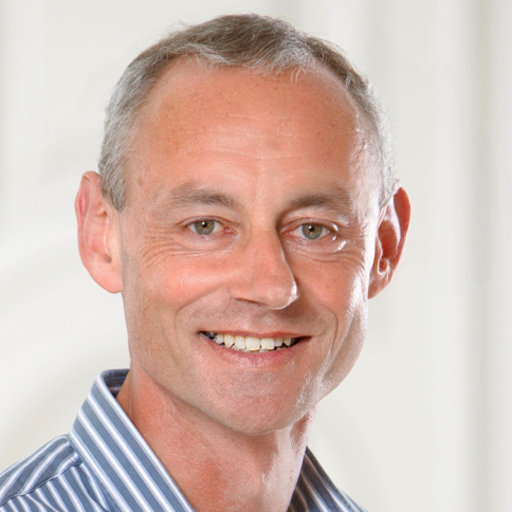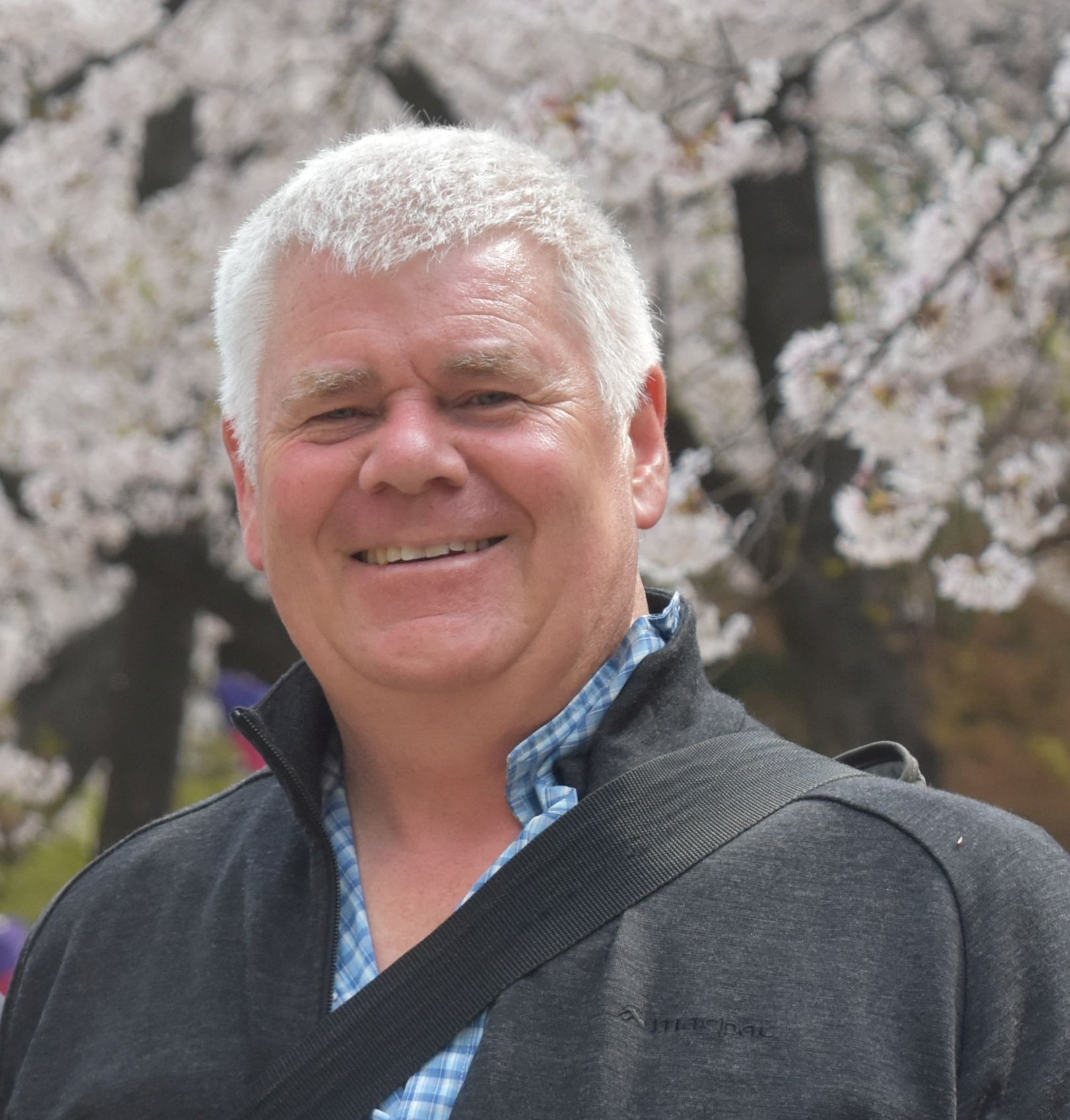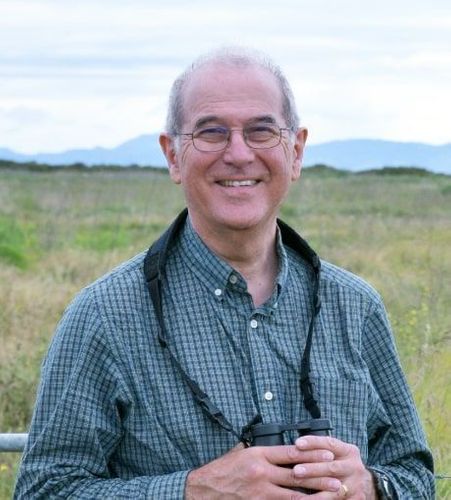Recent developments in design and analysis of experiments in plant breeding and variety testing based on linear mixed models
This workshop will consider statistical issues arising in the design and analysis of experiments in plant breeding and variety testing, focusing on recent developments in the field. I will start by considering individual trials and then will move on to the integration of trials across multiple environments, where modelling of genotype-environment interaction is required.
Topics covered for individual trials will include a model-free approach to generating efficient designs, two-phase experimental designs, the use of post-blocking in assessing the merits of alternative designs, recovery of inter-block information, and spatial analysis. In relation to multiple environment trials, I will consider, e.g., sparse testing, the optimal allocation of trials to agro-ecological zones, variance-covariance structures for modelling genotype-environment interaction, the use of environmental covariates to enhance predictions and recommendations, assessment of long-term trends and genetic gain, and two-stage versus single-stage analysis.
Areas of interest:
- Experiment Design
- Spatial Analysis
- Genotype-Environment Interactions

Hans-Peter Piepho was appointed Professor of Biostatistics at the University of Hohenheim, Stuttgart, Germany in 2001. He has been working as an applied statistician in agricultural research for more than 30 years. His main interests are related to statistical procedures as needed in plant genetics, plant breeding and cultivar testing. Recent interests include envirotype- and marker-enabled breeding, spatial methods for field trials and experimental design for various applications including two-phase experiments and multi-environment trials. Further areas of interest include network meta-analysis and measure of goodness of fit for generalized linear mixed models.


